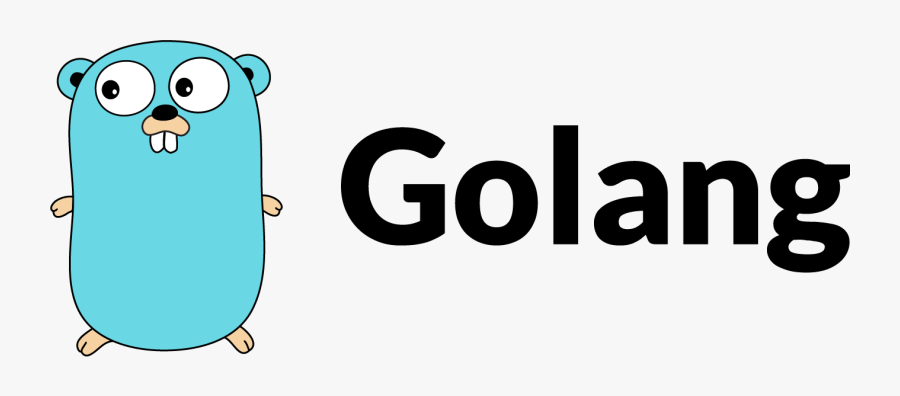Optional configuration for configuring Go code

When you're writing a reusable piece of code in a library, you often want to allow your code to be extensible to a point, in a way that allows safely modify behaviour without exposing too many of the internal workings.
A pattern that seems to be working really well in Go is by providing a varargs option type, when constructing the type, which leads to a method signature like so:
func NewClient(server string, opts ...ClientOption) (*Client, error) {
Since using this - and having the chance to implement it myself - I'm definitely liking it as a pattern.
So how does it work? Let's see how the oapi-codegen's example generated client code does this. The examples are modified for brevity.
By providing ClientOption as a func as the, it allows it to be callable in the construction of NewClient, and modify the underlying Client, and then we can provide some pre-built methods to modify the client.
type Client struct {
Server string
Client HttpRequestDoer
// ...
}
type ClientOption func(*Client) error
func NewClient(server string, opts ...ClientOption) (*Client, error) {
client := Client{
Server: server,
}
for _, o := range opts {
if err := o(&client); err != nil {
return nil, err
}
}
// ...
return &client, nil
}
func WithHTTPClient(doer HttpRequestDoer) ClientOption {
return func(c *Client) error {
c.Client = doer
return nil
}
}
func WithRequestEditorFn(fn RequestEditorFn) ClientOption {
return func(c *Client) error {
c.RequestEditors = append(c.RequestEditors, fn)
return nil
}
}
This works very nicely by having a varargs constructor, so we don't need to add new methods to set up various options.
In the case above, the Client type uses a struct that includes public, exported fields, but that's also not always the case. You may want to hide the implementation details and instead expose an interface, or a struct with a restricted set of public fields.
In that case, we may instead have something like:
type Client interface {
Do(req *http.Request) (*http.Response, error)
}
type client struct {
server string
client HttpRequestDoer
}
type clientOption func(*client) error
func WithHTTPClient(doer HttpRequestDoer) clientOption {
return func(c *client) error {
c.Client = doer
return nil
}
}
This allows us to continue configuring the client, and doesn't require we make clientOption exported, if we so wish.
